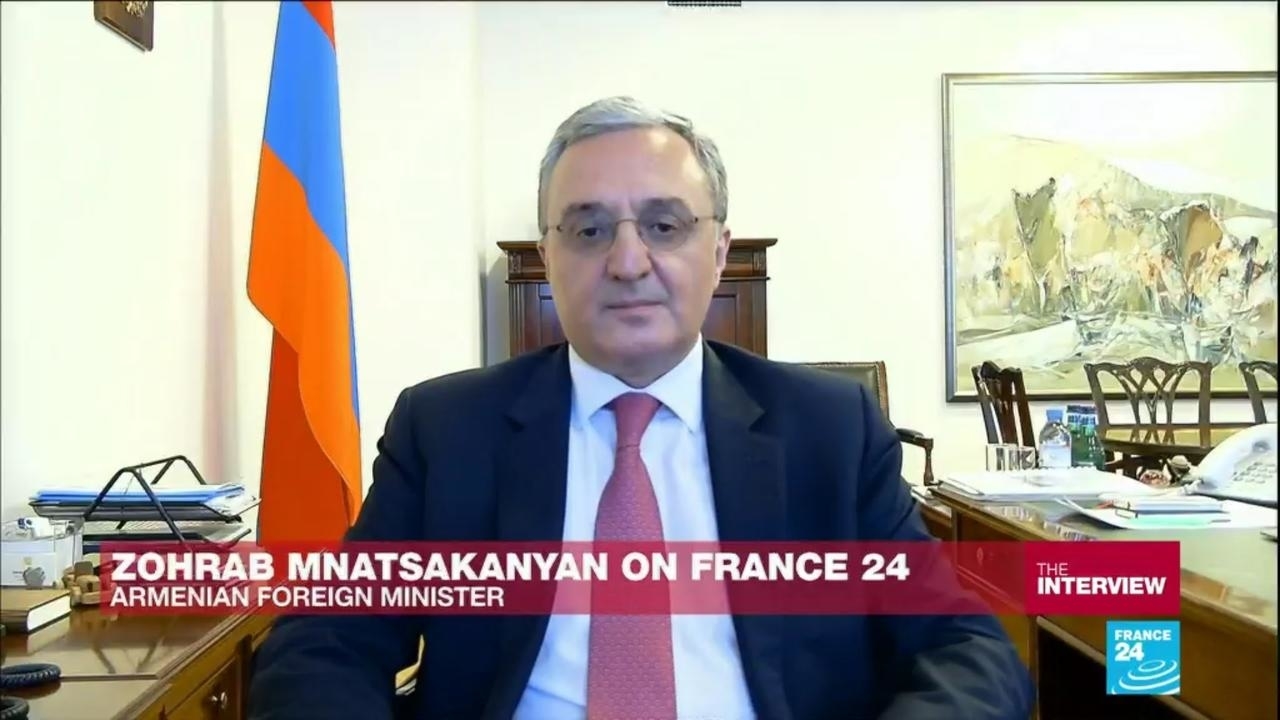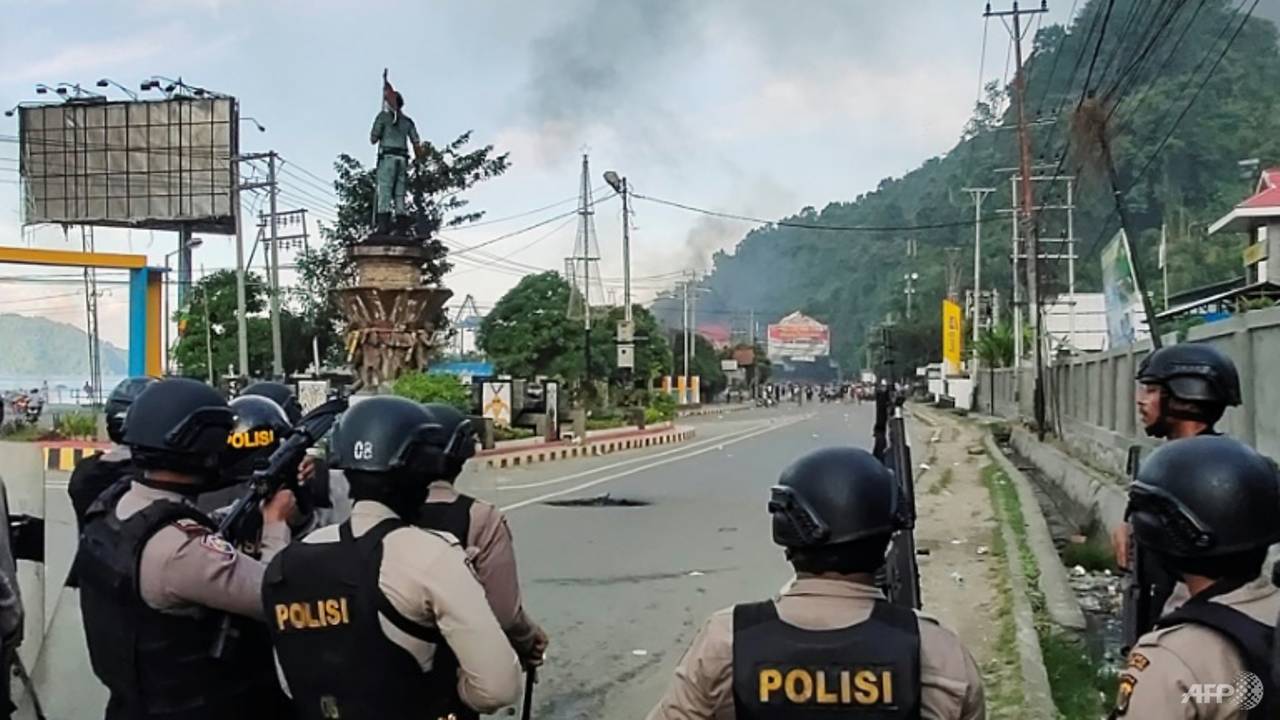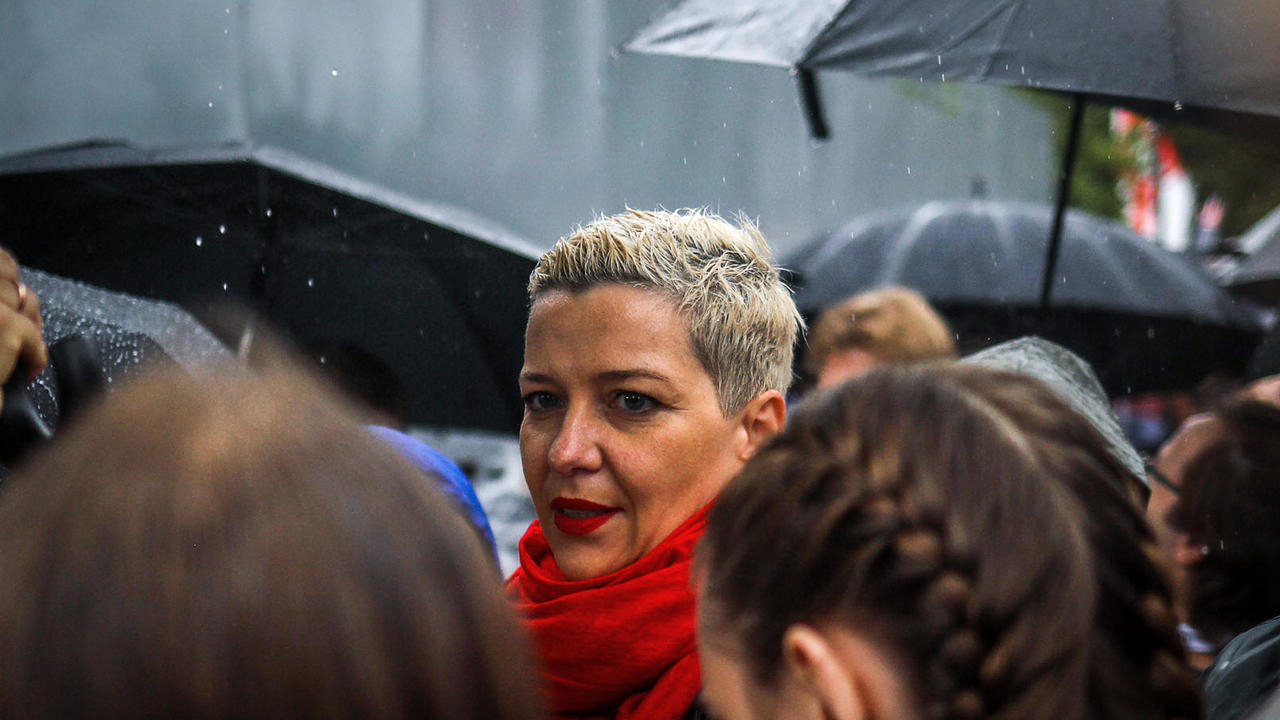The results came in the early hours of the morning in the Central African country, after nearly two weeks of speculation and reports of election irregularities. If deemed legitimate, this will be the country's first democratic transition of power since it gained independence from Belgium in 1960. The election had always been a three-horse race. The other two contenders were former interior minister Emmanuel Ramazani Shadary, the preferred successor of President Joseph Kabila, and businessman Martin Fayulu.After the results, Fayulu said he categorically rejected the outcome and called for the release of the name "of the person who really was our people's choice." His comments were echoed by French foreign minister Jean-Yves Le Drian, who said that the election results did not match what was witnessed during the vote count. Either way, the stage now seems set for the exit of Kabila, who has ruled the resource-rich Central African country with an iron fist since 2001.
Tension in the Congo
This election had been deemed a pivotal moment for the Congo, determining whether the beleaguered country could transition into a true democracy.But the vote came at a difficult time for the nation. The eastern Congo is battling the country's worst outbreak of Ebola, and violent protests erupted after the country's Independent National Election Commission announced that voters in the Ebola-stricken cities of Beni, Butembo and Yumbi — opposition strongholds — would not cast their ballots until March for security reasons. It is unclear now how those late votes will affect the result.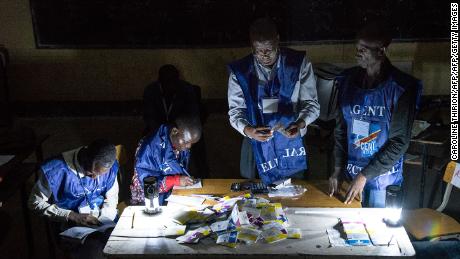 Furthermore, before the election Kabila, 47, was criticized for implementing electronic voting machines in a country with sparse access to power. A fire in the capital of Kinshasa weeks before the election destroyed 80% of the city's electronic voting machines, doing nothing to assuage concerns around voting methods.After the vote, as Congo's population of 80 million people awaited the highly anticipated outcome, on January 1, the internet and text messaging services were shut down. President Kabila told Reuters this was done to preserve public order after "fictitious results" were circulated on social media.This week, riot police were deployed in Kinshasa in anticipation of mass violence from citizens. The US State Department Wednesday advised all American citizens in the country to leave.
Furthermore, before the election Kabila, 47, was criticized for implementing electronic voting machines in a country with sparse access to power. A fire in the capital of Kinshasa weeks before the election destroyed 80% of the city's electronic voting machines, doing nothing to assuage concerns around voting methods.After the vote, as Congo's population of 80 million people awaited the highly anticipated outcome, on January 1, the internet and text messaging services were shut down. President Kabila told Reuters this was done to preserve public order after "fictitious results" were circulated on social media.This week, riot police were deployed in Kinshasa in anticipation of mass violence from citizens. The US State Department Wednesday advised all American citizens in the country to leave.
Vote of confidence
Tshisekedi, 55, was not expected to win the election.In the run-up to the landmark vote, speculation had mounted that Kabila would install Shadary as a placeholder president, while he ruled from the shadows until 2023 when he could rerun for the presidency. "People thought that Kabila would try to deploy a scenario like Putin did with (Dimitri) Medvedev and remain the man he always was," said Kris Berwouts, a Kinshasa-based author of several books about Central Africa. "But I don't think that Congo is Russia and I don't think that Kabila is Putin."Under the DRC's constitution, a president can only serve for two terms. Kabila's second term expired in 2016, meaning this election was long overdue. Congo is blessed with huge deposits of precious minerals such as diamonds, gold, and tantalum, and while in power Kabila accumulated vast wealth. From 1999 to 2002 alone, the Kabila regime transferred ownership of at least $5 billion of assets from the state-mining sector to private companies under its control, according to the United Nations.Now Kabila's status in the country, which produces about two-thirds of the world's cobalt, looks unsure. But Congo's political past is full of unexpected outcomes. 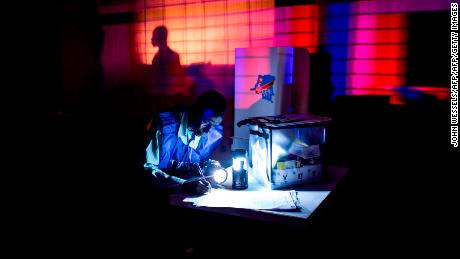 The country's first prime minister Patrice Lumumba was executed by firing squad in 1961, as military dictator Mobutu Sese Seko came to power in a coup.After three decades of iron-fist rule, Mobutu was overthrown in 1997 by rebel leader Laurent-Désiré Kabila, who was assassinated a few years later. Joseph Kabila inherited the presidency from his father and has since presided over the decline of the nation.Tshisekedi also comes from a storied political background. His father Etienne Tshisekedi founded the Union for Democracy and Social Progress, the oldest and largest opposition party of the Congo. Felix Tshisekedi took over the party following his father's death in 2017.
The country's first prime minister Patrice Lumumba was executed by firing squad in 1961, as military dictator Mobutu Sese Seko came to power in a coup.After three decades of iron-fist rule, Mobutu was overthrown in 1997 by rebel leader Laurent-Désiré Kabila, who was assassinated a few years later. Joseph Kabila inherited the presidency from his father and has since presided over the decline of the nation.Tshisekedi also comes from a storied political background. His father Etienne Tshisekedi founded the Union for Democracy and Social Progress, the oldest and largest opposition party of the Congo. Felix Tshisekedi took over the party following his father's death in 2017.
Original Article
The results came in the early hours of the morning in the Central African country, after nearly two weeks of speculation and reports of election irregularities. If deemed legitimate, this will be the country's first democratic transition of power since it gained independence from Belgium in 1960. The election had always been a three-horse race. The other two contenders were former interior minister Emmanuel Ramazani Shadary, the preferred successor of President Joseph Kabila, and businessman Martin Fayulu.After the results, Fayulu said he categorically rejected the outcome and called for the release of the name "of the person who really was our people's choice." His comments were echoed by French foreign minister Jean-Yves Le Drian, who said that the election results did not match what was witnessed during the vote count. Either way, the stage now seems set for the exit of Kabila, who has ruled the resource-rich Central African country with an iron fist since 2001.
Tension in the Congo
This election had been deemed a pivotal moment for the Congo, determining whether the beleaguered country could transition into a true democracy.But the vote came at a difficult time for the nation. The eastern Congo is battling the country's worst outbreak of Ebola, and violent protests erupted after the country's Independent National Election Commission announced that voters in the Ebola-stricken cities of Beni, Butembo and Yumbi — opposition strongholds — would not cast their ballots until March for security reasons. It is unclear now how those late votes will affect the result. Furthermore, before the election Kabila, 47, was criticized for implementing electronic voting machines in a country with sparse access to power. A fire in the capital of Kinshasa weeks before the election destroyed 80% of the city's electronic voting machines, doing nothing to assuage concerns around voting methods.After the vote, as Congo's population of 80 million people awaited the highly anticipated outcome, on January 1, the internet and text messaging services were shut down. President Kabila told Reuters this was done to preserve public order after "fictitious results" were circulated on social media.This week, riot police were deployed in Kinshasa in anticipation of mass violence from citizens. The US State Department Wednesday advised all American citizens in the country to leave.
Furthermore, before the election Kabila, 47, was criticized for implementing electronic voting machines in a country with sparse access to power. A fire in the capital of Kinshasa weeks before the election destroyed 80% of the city's electronic voting machines, doing nothing to assuage concerns around voting methods.After the vote, as Congo's population of 80 million people awaited the highly anticipated outcome, on January 1, the internet and text messaging services were shut down. President Kabila told Reuters this was done to preserve public order after "fictitious results" were circulated on social media.This week, riot police were deployed in Kinshasa in anticipation of mass violence from citizens. The US State Department Wednesday advised all American citizens in the country to leave.
Vote of confidence
Tshisekedi, 55, was not expected to win the election.In the run-up to the landmark vote, speculation had mounted that Kabila would install Shadary as a placeholder president, while he ruled from the shadows until 2023 when he could rerun for the presidency. "People thought that Kabila would try to deploy a scenario like Putin did with (Dimitri) Medvedev and remain the man he always was," said Kris Berwouts, a Kinshasa-based author of several books about Central Africa. "But I don't think that Congo is Russia and I don't think that Kabila is Putin."Under the DRC's constitution, a president can only serve for two terms. Kabila's second term expired in 2016, meaning this election was long overdue. Congo is blessed with huge deposits of precious minerals such as diamonds, gold, and tantalum, and while in power Kabila accumulated vast wealth. From 1999 to 2002 alone, the Kabila regime transferred ownership of at least $5 billion of assets from the state-mining sector to private companies under its control, according to the United Nations.Now Kabila's status in the country, which produces about two-thirds of the world's cobalt, looks unsure. But Congo's political past is full of unexpected outcomes.  The country's first prime minister Patrice Lumumba was executed by firing squad in 1961, as military dictator Mobutu Sese Seko came to power in a coup.After three decades of iron-fist rule, Mobutu was overthrown in 1997 by rebel leader Laurent-Désiré Kabila, who was assassinated a few years later. Joseph Kabila inherited the presidency from his father and has since presided over the decline of the nation.Tshisekedi also comes from a storied political background. His father Etienne Tshisekedi founded the Union for Democracy and Social Progress, the oldest and largest opposition party of the Congo. Felix Tshisekedi took over the party following his father's death in 2017.
The country's first prime minister Patrice Lumumba was executed by firing squad in 1961, as military dictator Mobutu Sese Seko came to power in a coup.After three decades of iron-fist rule, Mobutu was overthrown in 1997 by rebel leader Laurent-Désiré Kabila, who was assassinated a few years later. Joseph Kabila inherited the presidency from his father and has since presided over the decline of the nation.Tshisekedi also comes from a storied political background. His father Etienne Tshisekedi founded the Union for Democracy and Social Progress, the oldest and largest opposition party of the Congo. Felix Tshisekedi took over the party following his father's death in 2017.
Original Article








